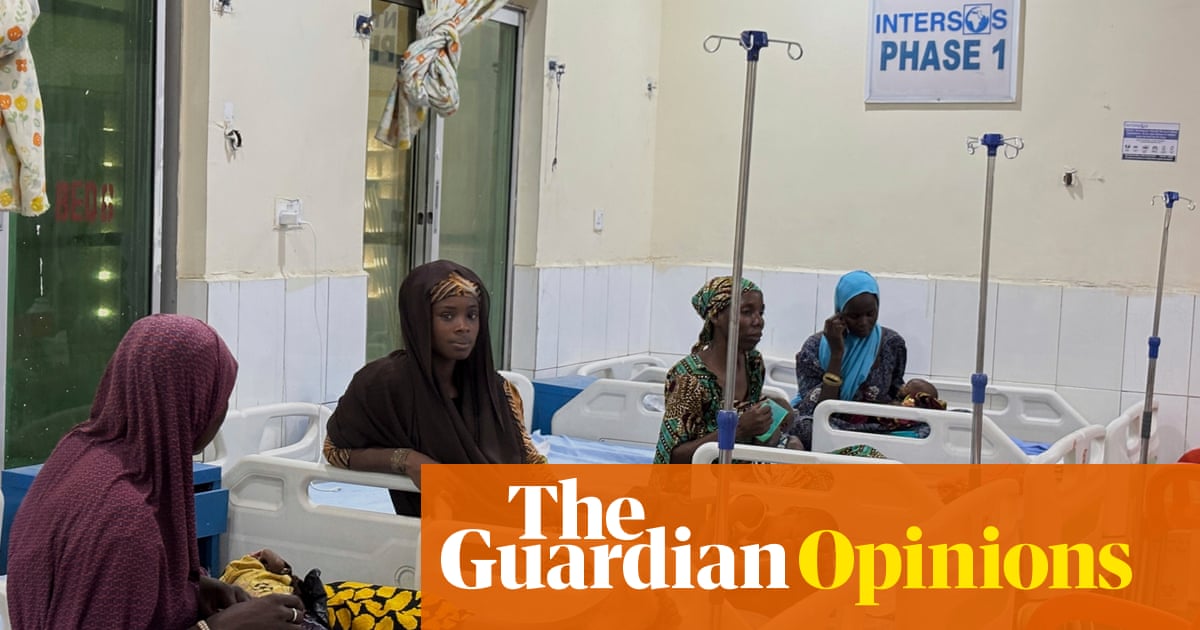Last week, the government justified cutting the UK’s development budget from 0.5% to 0.3% of gross national income – the lowest level in more than 25 years – by claiming Britain’s role is now to “share expertise”, not hand out cash. With a straight face, the minister responsible, Jenny Chapman, told MPs on theinternational development committeethat the age of the UK as “a global charity” was over. But this isn’t reinvention – it’s abdication, wrapped in spin. No wonder Sarah Champion, the Labour MP who is chair of the committee,calledLady Chapman’s remarks “naive” and “disrespectful”. Behind the slogans lies a brutal truth: lives will be lost, and Britain no longer cares. Dressing that up as the “new normal” doesn’t make it less callous.
Kevin Watkins of the London School of Economicsanalysedthe cuts and found no soft-landing options. He suggests charting a sensible course through this wreckage, noting that harm from the cuts is inevitable but not beyond mitigation. Dr Watkins’ proposals – prioritisingmultilateralism, funding the global vaccine alliance (Gavi) and replenishing international lending facilities – would prevent some needless deaths. Ministers should adopt such an approach. The decision to raid the aid budget to fund increased defence spending was a shameful attempt to cosy up to Washington. The cuts were announced just beforeSir Keir Starmer’sWhite House meeting with Donald Trump, with no long-term strategy behind them. It’s a deplorable trend: globally, aid levels could fall by $40bn this year.
The gutting ofUSAID, the world’s biggest spender on international development, by Elon Musk, was less fiscal policy than culture-war theatre. Foreign beneficiaries don’t vote, and liberal-leaning aid contractors lack clout, so dismantling USAID shrinks “globalism” while “owning the establishment”. But the real casualties lie elsewhere. Memorably, Bill Gatessaidthe idea of Mr Musk, the world’s richest man, “killing the world’s poorest children is not a pretty one”. Countries that built health systems around USAID now face a reckoning. It wasn’t just cash – it sustained disease surveillance, logistics and delivery. Ironically, much of it never left American hands, absorbed by US privateinterests.
In the UK, University of Portsmouthresearcherssay aid increasingly serves foreign policy, not development. It’s not justineffective– it’s cynical. Aid should change lives, not wave flags. All this as poor nations’ debt crisis deepens. Without global reform, the Institute for Economic Justicewarns, African nations face a cycle of distress blocking investment in basic needs. The UK recasts withdrawal as progress – holding up Ethiopia and Zimbabwe as model partners. But Georgetown University’sKen Opalomakes a cutting point: in diplomacy, when the music stops, those who outsourced ambition get exposed. Aid dependency, he argues, has hollowed out local ownership. With little planning, many governments now face a choice: take over essential services or cling to a vanishing donor model.
Politicians should choose their words carefully. The former Tory development secretary Andrew Mitchell rightlycriticisedBoris Johnson’s “giant cashpoint in the sky” remark for damaging public support for aid. Labour ministers are guilty, too. Britain has replaced moral leadership with metrics, and compassion with calculation. The policy’s defenders call it realism. But without vision, it’s just surrender – leaving the world’s poor to fend for themselves, forced to try to survive without the means to do so.
